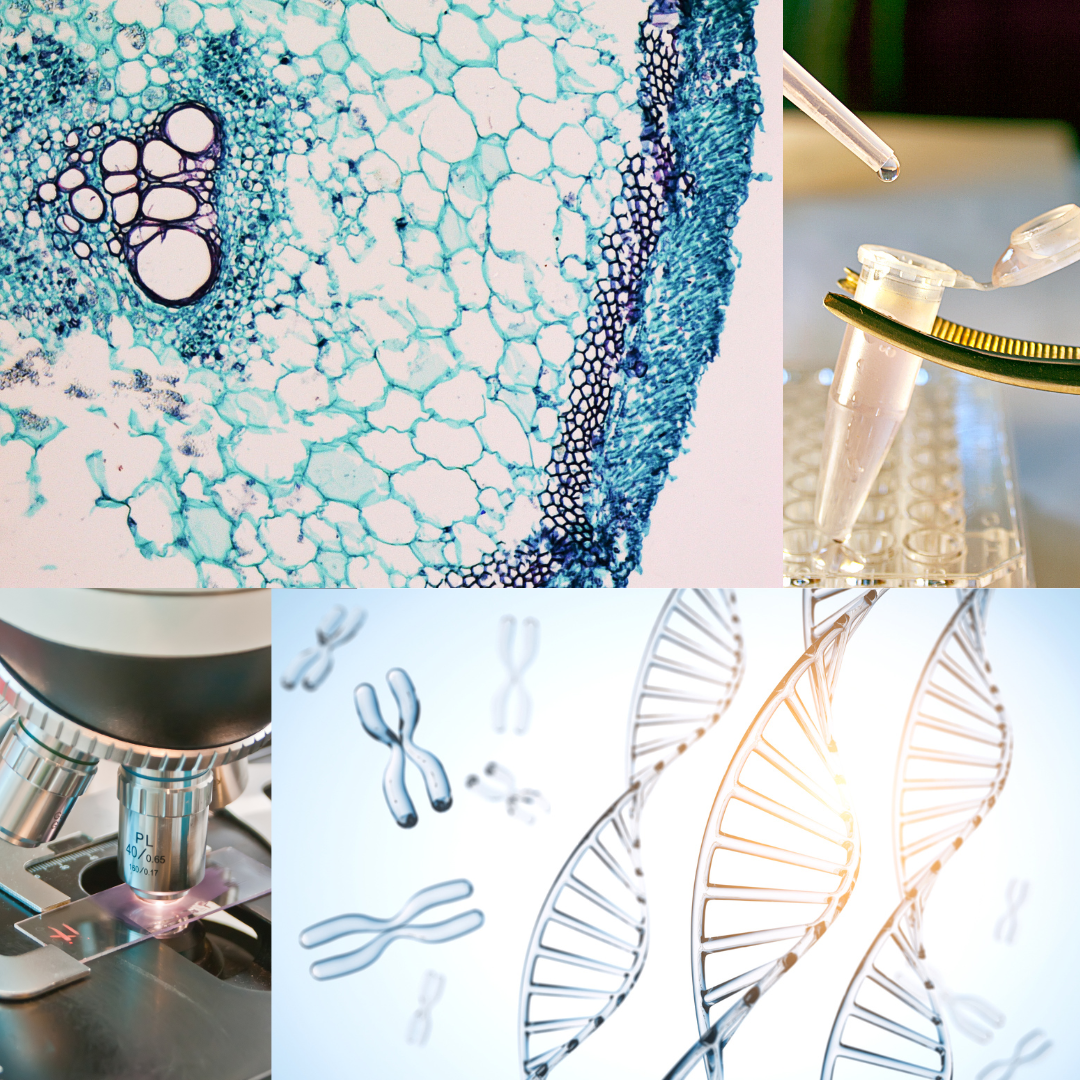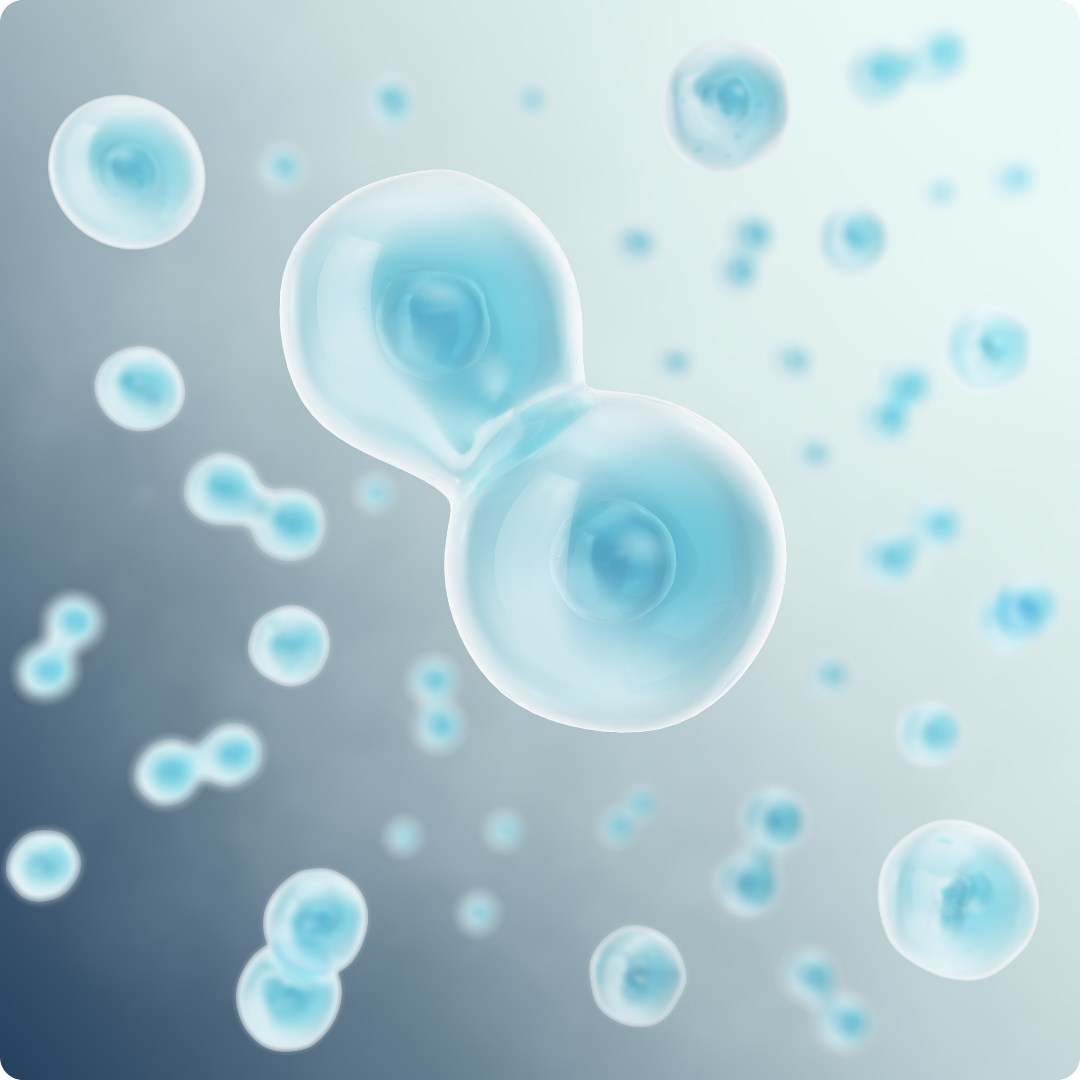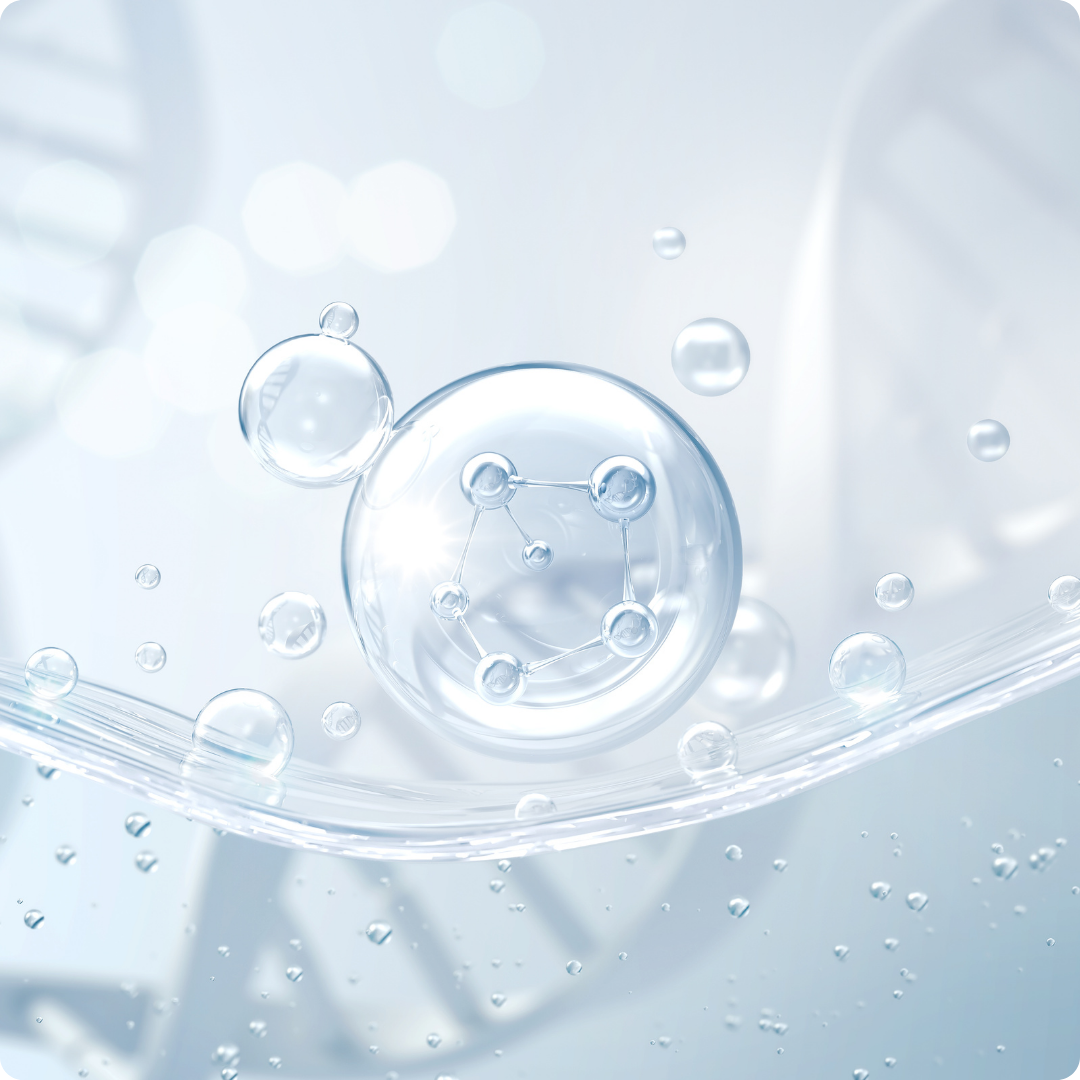Your gateway to advanced medical treatments in Japan
Welcome to SND, your gateway to advanced medical treatments in Japan. We are a leading Japanese medical tourism company specializing in cutting-edge regenerative medicine, comprehensive cancer treatment, and thorough medical check-ups.
Find ClinicsHow It Works
Contact

Please feel free to contact us via the inquiry form below for inquiries regarding desired medical institutions or facilities, consultations, and any other inquiries.
Intermediation and Referral

Depending on the nature of your inquiry, we will arrange intermediation with your desired medical institution or provide guidance on suitable medical institutions and treatments.
Reservation

Once the medical period for consultation has been determined, we will coordinate schedules between the patient and the medical period and make a reservation for you.
Visit

On the day of your appointment, please arrive at the medical institution by the scheduled time. We also offer transportation services, so please inform us if you require assistance.
To those who never give up,
we offer medical care that never gives up.
Our mission is to accompany patients and their families facing various circumstances and challenges, ensuring they never lose hope. We are dedicated to introducing only the highest standard of medical institutions and physicians. Prioritizing the physical and mental well-being of people worldwide, we are committed to assisting them in overcoming difficult times.
Learn More




